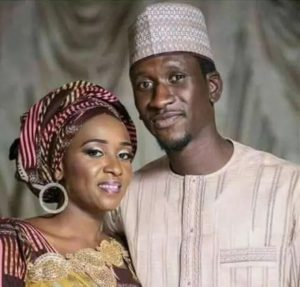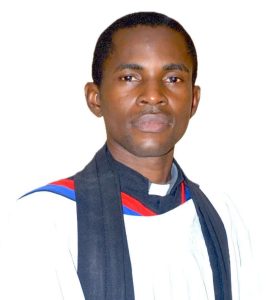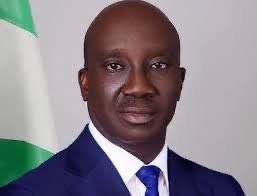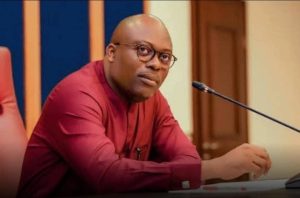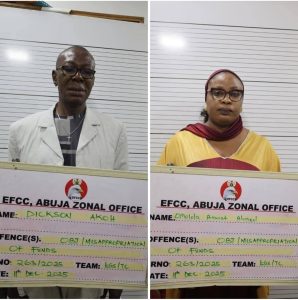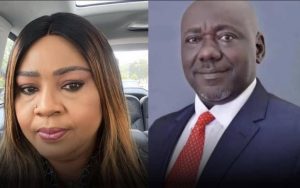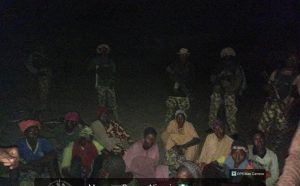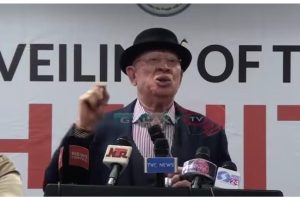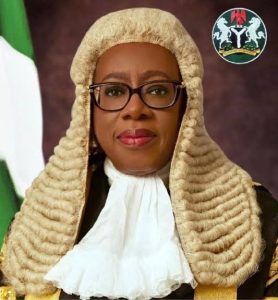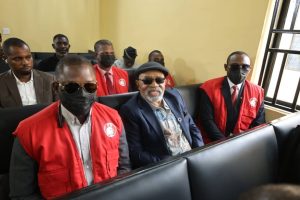By our Reporter
William Ruto, Kenya’s president, sparked protests recently after donating some $150,000 to a Nairobi church just months after saying such hand-outs fuelled corruption.

Ruto’s pledge of 20 million shillings to the Jesus Winner Ministry Church led to protesters gathering there a week later, demanding the return of what they called “stolen tax money”, only to be teargassed by police.
Church donations and fundraisers are a longstanding tradition in Kenya, and politicians often use pulpits to reach the masses in the predominantly Christian country.
It can become political theatre: last year, MP Oscar Sudi, a Ruto ally, drew cheers from the congregation when he delivered a sack containing three million shillings (around $20,000) to a church in Uasin Gishu county.
But the practice has become increasingly divisive since mass protests broke out last June against tax hikes, corruption and police brutality.
In the aftermath, Ruto banned government officials from participating in fundraising drives for churches.
“No state officer or public servant shall participate in public contributions or any harambees (fundraisers) going forward,” he said in June.
“It is occasioning and it is breeding, if I may say, corruption,” Ruto added.
But he appears to have forgotten his vow.
While police were teargassing youth outside the Jesus Winner Ministry Church, Ruto was at another church in the town of Eldoret, offering another 20 million shillings (around $150,000) and vowing to raise a further 100 million for Jesus Winner.
The president was defiant, dismissing critics of donations as “people who don’t believe in God”.
The government says the money comes from Ruto’s personal funds but many are sceptical.
“Where is this money coming from? Bring us the receipts,” said Mwabili Mwagodi, who has helped organise the “Occupy Church” movement which aims to “disconnect the church from politics”.
The movement gained momentum last year after the church stayed silent during protests.
Preachers were ultimately forced to break that silence after activists organised flash mobs during services in Nairobi.
The Catholic Church of Kenya rejected a donation from Ruto after Mwagodi shared preachers’ contact details online and organised a barrage of complaints.
I am fighting to liberate the Church from political corruption in Kenya,” Mwagodi posted on X.
(AFP)








